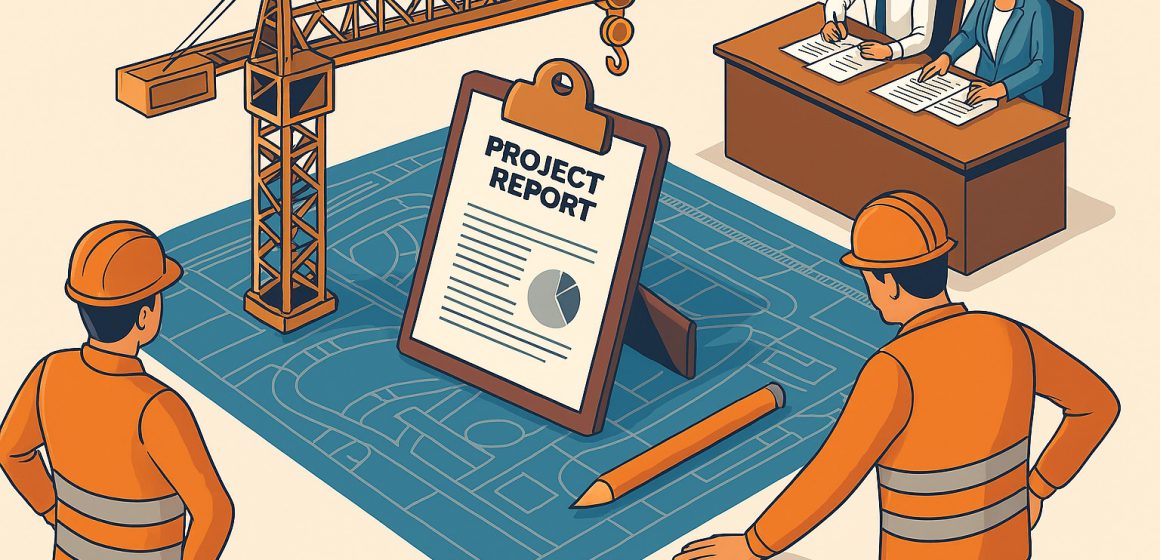According to the Mumbai‑based management consultancy, India’s infrastructure ecosystem remains trapped in a cycle where stakeholders act with good intent, but systemic design flaws lead to delays and cost overruns.
India, one of the world’s fastest‑growing infrastructure markets, can unlock savings of up to ₹17 trillion ($204 billion) across the National Infrastructure Pipeline (NIP) by strengthening pre‑construction planning, especially at the detailed project report (DPR) stage, according to a new white paper released by Vector Consulting Group.
The study by the Mumbai‑based management consultancy warns that India’s infrastructure ecosystem is stuck in a pattern. While stakeholders ranging from government agencies and DPR consultants to contractors operate with good intent, systemic design flaws make delays and cost overruns nearly inevitable.
Based on insights from CXOs of 16 major infrastructure companies with revenues above ₹10 billion ($120 million) and 30 leading DPR consulting firms, the paper identifies principal areas of mid‑execution disruptions. These include land and right‑of‑way issues, design changes, utility conflicts, funding interruptions, and approval delays, stemming from incomplete surveys, outdated baseline data, and insufficient design validation during the DPR stage.
The paper says the key reason lies in a flawed strategy adopted during the selection of DPR consultants. The quality and cost-based selection (QCBS) system, designed to balance technical strength with competitive pricing, often collapses into a lowest bidder (L1) contest because quality scores cluster too closely.
L1 implies ‘lowest cost selection’, with contracts of even high strategic value going to the lowest bidder, often compromising work quality and delivery schedules.
This pushes consultants into unsustainably low bids, with no price escalation even when scope or timelines expand. As a result, viability drops, and the ability to conduct rigorous surveys and design checks is severely limited.
DPR Reform Agenda
Despite pre‑construction planning being the foundation of execution, India currently spends only 0.5 to 1 per cent of the project cost at this stage, which is significantly lower than the global benchmark of about 10 per cent.
“India is fully capable of world‑class execution. If we strengthen the DPR stage with a modest increase in investment, this can pay for itself many times over through avoided delays and cost overruns,” says Anantha Keerthi, Senior Partner, Vector Consulting.
The white paper recommends five structural reforms: shifting to time‑and‑materials DPR contracts, setting up integrated pre‑construction war rooms, adopting focus‑and‑finish review cadences, instituting a DPR‑focused project management office (PMO), and strengthening preliminary studies with rigorous, regularly updated validation.
According to the report, fixing the DPR process will realign incentives across the ecosystem, improve contractor margins, attract stronger firms, and accelerate project delivery, helping India stay on track with its infrastructure ambitions.


